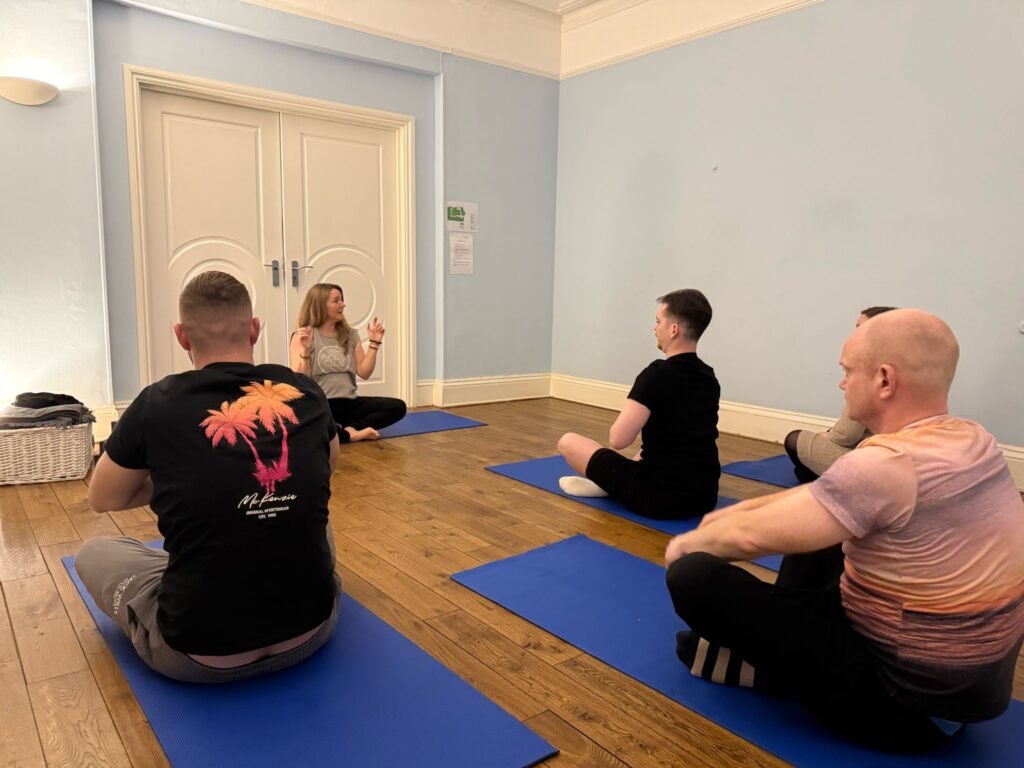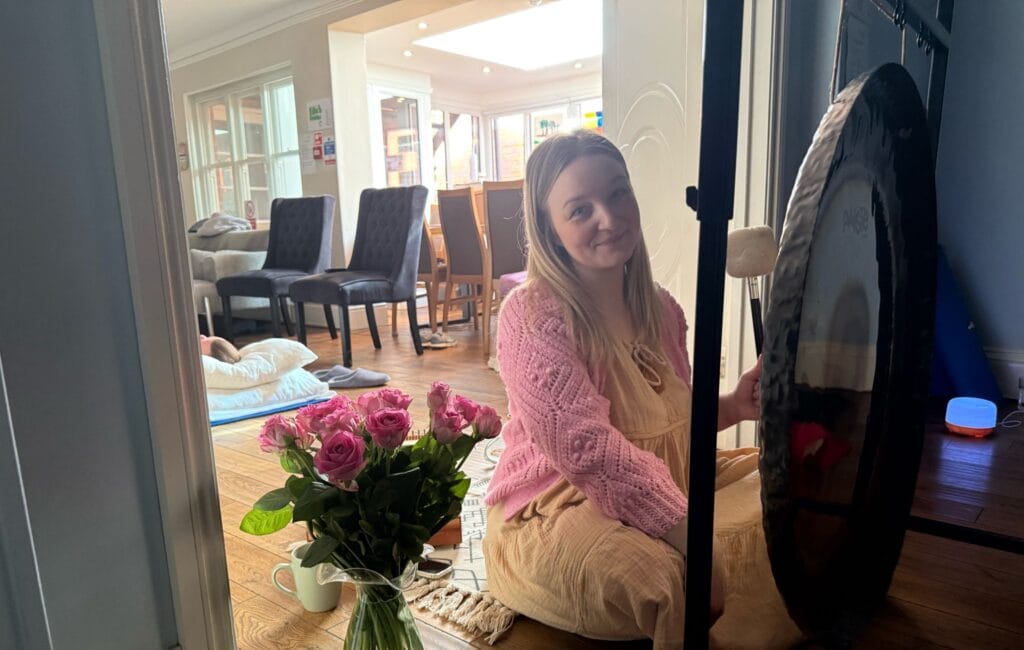There is no such thing as the “best rehab in the UK” – only one that fits your unique needs and requirements. This guide will show you what to look for.
When you’re searching for the best rehab in the UK, you’re not just comparing facilities – you’re making one of the most personal, emotional and potentially life-saving decisions of your life or someone else’s. And yet, in a digital landscape crowded with promises, “top 10” lists, and sales funnels, knowing who to trust can feel impossible.
The truth? There’s no single rehab that’s right for everyone. What matters isn’t who ranks #1 on a search results page – it’s whether a place offers the kind of safety, support, and personalised care you or your loved one genuinely need.
As someone who has worked with a number of treatment providers in the UK, I can honestly say that there is a rehab that is right for everyone. However, one point I would really like to drive home here is this: paying more for rehab does not equate to better recovery success rates.
In this guide, we’ll show you how to tell the difference between surface-level marketing and true, evidence-based treatment environments — so that you can decide what “best” really means for you.
What Does “Best Rehab” Actually Mean?
If you type “best rehab UK” into Google, you’ll find dozens of articles claiming to rank the top centres. But if you dig a little deeper, you’ll notice something troubling: many of these lists aren’t based on clinical quality, outcomes, or ethics.
This isn’t just misleading, it can be dangerous. Addiction is a serious health issue, and the decision to enter rehab deserves better than sales tactics.
So let’s step back and ask: What does “best” actually mean?
At its core, the best rehab for you is one that:
- Offers genuinely personalised, evidence-based care
- Provides a safe, supportive environment for detox and recovery
- Understands and treats underlying causes like trauma or mental health issues
- Supports long-term wellbeing, not just short-term abstinence
- Prioritises your dignity, autonomy, and emotional safety
Everything else – the views, the price tag, the luxury – comes second to the actual quality of care.

7 Signs of a Truly High-Quality Rehab
A beautiful website doesn’t mean a rehab is safe or effective. If you want to cut through the noise, these are the markers to look for – the features that truly define a centre as among the “best.”
1. Medically Supervised Detox On-Site
Alcohol and drug withdrawal can be painful, distressing, and even life-threatening. A top-tier rehab doesn’t just offer emotional support – it includes medical care for people going through detox.
Look for:
- Medical specialists, including doctors or nursing professionals
- On-site prescribing for detox medications (like Librium or Subutex)
- Clear protocols for managing withdrawal symptoms
- A warm, monitored environment – not a clinical ward
Without this, you risk either being referred elsewhere for detox or being left to manage dangerous symptoms alone.
2. Personalised, Individual Therapy
One of the most common traps in lower-tier rehab centres is the overuse of group therapy. While peer support is valuable, it should never replace dedicated one-to-one work.
The best rehabs provide:
- Multiple individual therapy sessions per week
- Continuity with the same therapist throughout your stay (dedicated therapist)
- Custom plans based on your story, not just your substance use
You should never feel like just another client in a chair. Real healing happens when therapy meets you where you are – emotionally, neurologically and psychologically.
3. Support for Mental Health and Neurodivergence
Many people who struggle with addiction are also living with mental health conditions, like:
- Anxiety
- Depression
- PTSD or C-PTSD
- ADHD
- Autism
- OCD
If a rehab doesn’t address these, relapse becomes far more likely. You can’t treat addiction without treating what’s underneath it.
Signs of a quality centre include:
- Trained dual diagnosis clinicians
- Therapies suited for trauma and neurodivergent processing
- Medication reviews with psychiatry support (if appropriate)
- Acceptance of clients with different brains – ADHD or autism without shame or misunderstanding

4. Trauma-Informed, Not Authoritarian
Traditional rehab models work off a one-size-fits-all approach, but we now know this approach can be harmful, especially for people with trauma histories — which includes a large portion of those entering treatment.
The best rehabs today are trauma-informed. That means:
- Clients are given choices and agency
- Boundaries are clear but kind
- Shame and blame are replaced with curiosity and compassion
- Staff understand how trauma affects behaviour, relationships and recovery.
If a rehab does not genuinely offer a range of therapeutic modalities or tailored one-to-one sessions, look elsewhere.
5. Aftercare That Goes Beyond a Printout
A rehab isn’t successful because someone stays sober during their time there. The real test comes after discharge – when routines fade, emotions return and real life starts again.
Top-quality centres build this into their programme from day one:
- Structured aftercare plans
- Return-to-work or reintegration support
- Referrals to trusted therapists or support groups
- Optional check-ins or alumni sessions
Ask: “What happens when I leave?” The answer should include specifics – not vague promises.
6. Transparent Pricing and Clear Communication
If you have to ask three times to get a straight answer on price, or you’re being pressured into a deposit before seeing a contract, you’re not dealing with a rehab that values trust.
The best centres are up-front about:
- Programme costs
- What’s included (and what’s not)
- Admissions criteria and limitations
- Payment options or funding advice
Even if a centre is expensive, honesty builds trust — and trust is essential to healing.
7. A Real Environment for Recovery
The physical environment matters — not because you need five-star luxury, but because recovery requires a setting where you can feel safe, grounded and human.
Look for:
- Private, calm spaces (not overcrowded dorms)
- Good food and sleep support
- Opportunities for nature, creativity, or movement
- Time for rest, not just therapy back-to-back
Healing is holistic. The best centres create environments where people aren’t just sober – they’re supported to feel safe in their own skin again.
What to Watch Out For: Red Flags
Unfortunately, not all treatment centres operate in your best interest.
Some warning signs to avoid:
- Websites that don’t clearly name the rehab they’re promoting
- Call centres that pressure you to book immediately
- “Best of” lists with no transparent criteria or clinical evidence
- Claims of high success rates without supporting evidence.
- No mention of aftercare, trauma support or medical detox
If you feel unsure, pause. A good admissions team will answer your questions with care, not urgency.

Why “Best” Depends on You
It’s easy to fall into the trap of searching for the best rehab as if it were a hotel – scanning ratings, reading reviews, comparing amenities. But addiction treatment isn’t a consumer product. What works for one person may be completely wrong for someone else.
That’s why the best rehab is not the fanciest or most expensive – it’s the one that fits your unique needs. Your mental health, your trauma history, your personality, your learning style, your goals – all of these matter.
Questions to Ask Yourself Before Choosing a Rehab
Before you choose where to go, ask yourself:
- Do I need help detoxing safely from alcohol or drugs?
- Do I need support for anxiety, trauma, or a diagnosis like ADHD?
- Am I more comfortable in a calm, quiet setting or somewhere more social?
- Do I want therapy that includes my family or focuses just on me?
- Do I prefer structured routines, or do I need space and flexibility?
- Have I tried rehab before? If so, what worked, and what didn’t?
Answering these questions honestly will help you focus on fit, not reputation. A centre with a flashy name but no emotional safety may fail you. A quiet, ethical, trauma-informed rehab may help you finally feel safe enough to heal.
Why Abbington House Meets the Standard
At Abbington House, we don’t claim to be the best rehab for everyone. But we’ve built a centre that honours the things that actually matter: safety, dignity, emotional depth, and whole-person healing.
If you’ve been looking for something different – something human, something real, we might be the place for you.
Here’s what makes our approach unique:
1. Personalised Care That Respects Your Story
No two people get the same treatment plan here. We tailor your therapeutic treatment with your focal therapist. Whether you’re neurodivergent, trauma-affected, anxious, or simply exhausted, we adjust to meet your needs rather than forcing you to adjust to us.
2. Safe, Medical Detox On-Site
Our detox process is supervised by experienced professionals. You’ll be monitored with care and compassion, with full medical support to ease withdrawal safely and gently.
3. Deep, Trauma-Informed Therapy
We offer far more than just group work. Our experienced therapists provide multiple one-to-one sessions weekly, with training in:
- Complex trauma
- EMDR
- Parts work/IFS
- Grief and relational trauma
- Your emotional safety comes first. We’ll never shame, push, or break you down to build you up.
4. Support for Neurodivergent Clients
Some of our clients come to us with ADHD, autism, or sensory regulation issues. We’ve created an environment that accommodates rather than pathologises:
- Quiet spaces and predictable routines
- Flexible therapy pacing
- Clear communication and non-judgmental support
- Gentle holistic therapies for nervous system regulation.
5. No Pressure. No Sales Tactics.
You won’t find pushy admissions calls here. We’ll never ask for money before you’re ready and we’ll give you clear, transparent information about what we offer, how much it costs, and what to expect. You deserve clarity, not coercion. We can even arrange for you to visit us first with your family to make sure we’re the best fit for you.
Making the Right Choice for You
Choosing a rehab isn’t just about facilities and credentials. It’s about how a place makes you feel – whether you sense, even from the first call, that you’re seen as a whole person, not just another admission.
If you’re not ready, that’s okay. If you’re unsure, we’re happy to talk without pressure. And if you’re comparing options, we’ll help you ask the right questions – even if it means you choose somewhere else.
Because the best rehabs don’t just treat addiction. They empower you to live a life worth living.
Ready to Talk?
We’re here to answer your questions about our rehab programmes:
Speak to a member of our team for confidential guidance
Speak to us on Livechat
You don’t have to know for sure. You just have to start asking.
Contact us →
Learn more about our admissions process →




